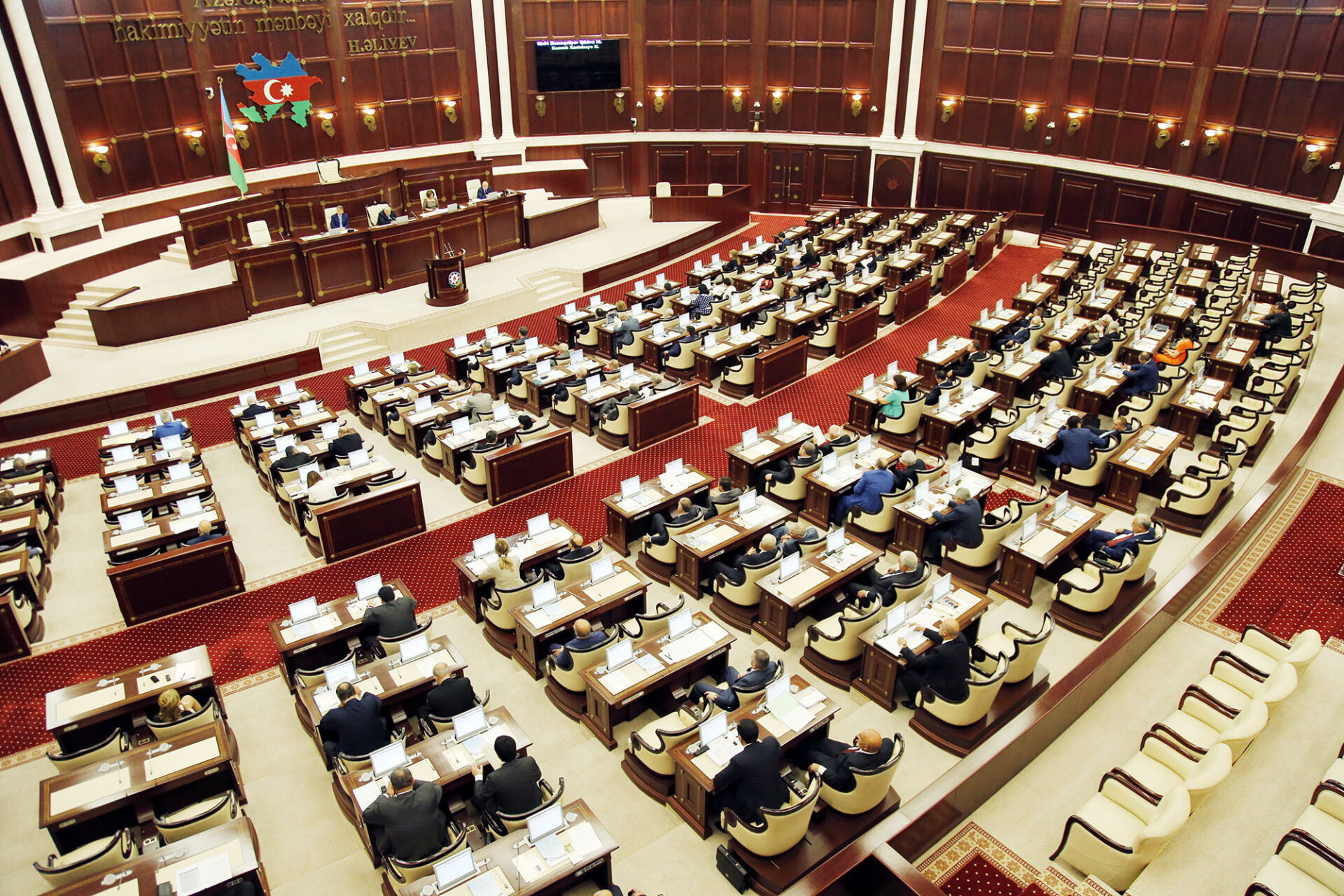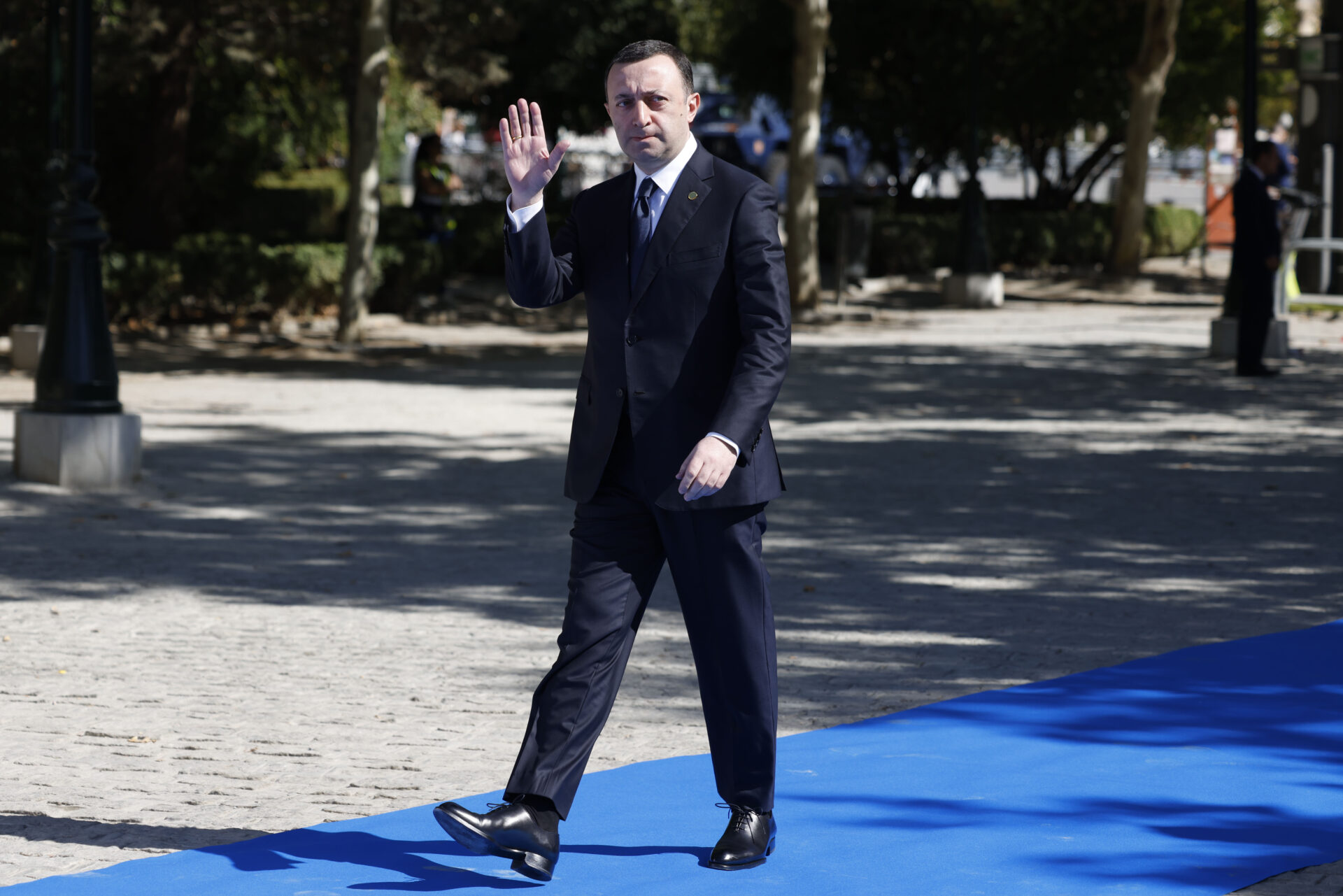
Informal Georgian Leader Bidzina Ivanishvili Faces U.S. Sanctions
Informal Georgian Leader Bidzina Ivanishvili Faces U.S. Sanctions
Executive Summary:
- At the end of 2024, the United States imposed financial sanctions on Bidzina Ivanishvili, a billionaire and the informal leader of Georgia, for undermining democratic processes and enabling Russian influence. The sanctions included freezing select assets and restricting transactions.
- Opposition leaders welcomed the sanctions, citing Ivanishvili’s role in eroding democratic institutions and derailing Georgia’s Euro-Atlantic aspirations while advocating for broader measures targeting his family and affiliates.
- Georgian Dream leaders have defended Ivanishvili, claiming sanctions were retaliation for resisting anti-Russia pressure. The party hopes for diminished Western scrutiny under the new U.S. administration despite ongoing public unrest and international criticism.
On December 27, the U.S. Treasury Department’s Office of Foreign Assets Control imposed financial sanctions on billionaire and informal leader of Georgia Bidzina Ivanishvili, the founder and honorary chairman of the ruling Georgian Dream party (1tv.ge, December 27, 2024). Ivanishvili was sanctioned for his involvement in “actions or policies that undermine democratic processes or institutions in the United States or abroad, for or on behalf of, or for the benefit of, directly or indirectly, the Government of the Russian Federation” (U.S. Embassy in Georgia; Civil.ge, December 27, 2024). According to the U.S. Treasury Department, the freeze applies to all individual property in the United States or in the possession or control of U.S. persons, which must be reported to the Treasury Department’s Office of Foreign Assets Control. Transactions by companies owned by Ivanishvili or his partners are exempt from the freeze, except if other sanctions provisions cover them. Notably, the sanctions regime applies to any transactions made under the Singapore Court of Appeal Case, Credit Suisse Trust Ltd v. Ivanishvili, Bidzina, and others from 2024 and the appeal in 2023 (Swissinfo, September 19, 2023; see EDM, January 18, 2024; Civil.ge, October 31, 2024; U.S. Treasury Department, December 27, 2024).
Following the announcement of the sanctions, then-U.S. Secretary of State Antony Blinken explained,
Ivanishvili and Georgian Dream’s actions have eroded democratic institutions, enabled human rights abuses, and curbed the exercise of fundamental freedoms in Georgia … They have derailed Georgia’s Euro-Atlantic future, a future the Georgian people overwhelmingly desire and the Georgian constitution mandates (Radio Free Europe/Radio Liberty, December 27, 2024).
These sanctions were largely inspired by Georgia’s vulnerabilities to Russia, which Ivanishvili and Georgian Dream encouraged (U.S. State Department; 1tv.ge, January 8).
The Georgian opposition community proposed to Western partners for months that Ivanishvili be personally sanctioned before the United States announced these newest sanctions. Their recommendations followed the introduction of sanctions against more than a hundred Georgian officials, judges, members of parliament, and police officers, whom the opposition accused of undermining Georgian democracy and abandoning the course toward Euro-Atlantic integration (see EDM, October 17, 2024; Radio Free Europe/Radio Liberty, December 16, 2024; Civil.ge, December 19, 2024).
Even though the U.S. sanctions against Ivanishvili appear harsh, some in Georgia explain that these measures are, at this stage, only a warning and of preventive nature. The former president of the National (State) Bank of Georgia, Member of Parliament Roman Gotsiridze, said in his January 8 interview with this author, that “these restrictions affect only a small part of Ivanishvili’s capital and do not concern his main assets.” He further argued, “The absolute majority of companies affiliated with Ivanishvili belong to the charitable Cartu Foundation, including Cartu Bank, which formally belongs not to Ivanishvili himself but to his son, Uta Ivanishvili” (Civil.ge, January 31, 2021; Author’s interview, January 8). Gotsiridze, like many other oppositionists, is sure that if “Ivanishvili’s relatives,” including his son Uta, were mentioned in the U.S. Treasury sanctions, it would be a powerful blow to Ivanishvili’s net worth, which, according to Bloomberg, is $7.53 billion (Bloomberg Billionaires Index, accessed January 23).
Khatia Dekanoidze, leader of Georgia’s main opposition party, the United National Movement, stated in her December 30 interview with this author, “We are confident that this is only the first step in the United States ”(Author’s Interview, December 30). In response to the U.S. sanctions, however, members of Ivanishvili’s team, including Prime Minister Irakli Kobakhidze and Parliament Speaker Shalva Papuashvili, have repeated the same narrative since 2022, defending Ivanishvili. They say that the United States had “informal sanctions” against the Georgian billionaire, who “did not have access to his money despite the decision of the courts in the case of the Swiss bank” (see EDM, October 17, 2024; Georgia Today, December 27, 2024). They claim that the “global war party” operating in Washington tried to punish the founder of Georgian Dream for refusing to “open a second front in Georgia against Russia” in 2022 (Radio Free Europe/Radio Liberty, May 18, 2024). Kobakhidze has also said, “Informal sanctions could not force our leader to act against the interests of Georgia” (1tv.ge, December 27, 2024).
The growing reaction and interest of the West, including the United States, toward Georgia was captured by mass protests in Georgia over the past year. Many citizens of Georgia and Western countries consider the October 26 parliamentary elections dishonest, unfair, and non-transparent. In response to Kobakhidze’s announcement about Georgia suspending discussions about Georgia’s EU ascension until 2028, thousands took to the streets to protest Georgia’s turn away from its Western path (see EDM, October 28, December 6, 10, 2024). The Georgian Dream government hopes that the transition to the new Donald Trump administration in the United States will lead to less interest in Georgian affairs despite the West previously investing billions of dollars of its taxpayers to support Georgian democracy during the 32 years of Georgian independence (Eurasianet, January 21; OC-Media, January 23).


